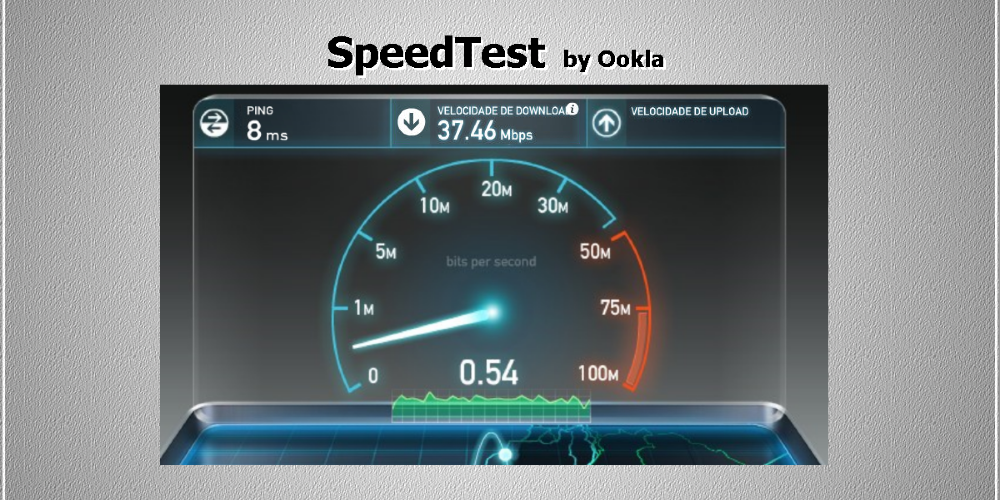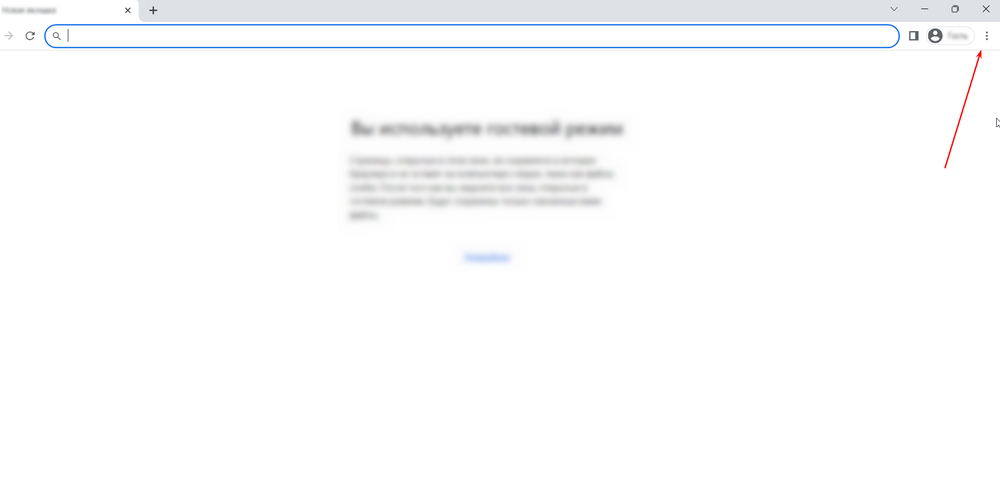Reviving Your Slow Google Chrome: A Guide to Accelerate Your Browser

From sending emails and streaming videos to posting social media updates and editing documents, our lives are increasingly entwined with the internet. With so many tasks relying on a browser, it's essential to ensure it runs swiftly and smoothly. Google Chrome, one of the most popular browsers, can at times seem to drag its feet. However, before you succumb to frustration, here are some expert tips and tricks to rejuvenate your browsing experience.
Start with a Network Check

Before we delve into the depths of Chrome’s settings, it’s wise to ensure your network connection is not the culprit. Performing a speed test using platforms such as Speedtest.net or PCMag's own speed test tool can provide insights into your internet performance. If a particular website refuses to load, Downdetector can help you identify if it's a widespread issue or unique to you. If your internet connection is robust and speedy, but Chrome still lags, it's time to dig deeper.
Update Chrome to the Latest Version
Google regularly releases new versions of Chrome, each packed with new features, security patches, and often, performance enhancements. Updating Chrome may provide a noticeable speed boost. Chrome usually updates automatically when you close and reopen the browser. However, if you haven't shut Chrome recently, an update might be pending. To manually check and update your Chrome version:
- Open Google Chrome
- Click on the More menu (three vertical dots)
- Navigate to Help > About Google Chrome
From here, Chrome will automatically start installing the latest version (if available) and prompt you to relaunch the browser.
Perform a Malware Scan

Malware can be a significant drag on Chrome's performance. It often injects additional ads into the pages you visit and tracks your online behavior, consuming extra resources and slowing down your browser. Performing a malware scan using your antivirus software can help you identify and eliminate such hidden performance hogs.
Enhance Chrome Security
Google developed an application known as the Chrome Cleanup Tool to find and remove unwanted software, including toolbars and rogue extensions from Windows devices. While the application is no longer available, Google assures users they are still "automatically protected" with its Safe Browsing feature in Chrome. In Chrome settings, you can navigate to Privacy and security > Security, and switch from Standard protection to Enhanced Protection for proactive protection against risky websites, downloads, and extensions.
Trim the Excess: Extensions and Tabs

The key to speeding up Chrome lies in its simplicity. Extensions and tabs are often the most significant resource drains, and reducing them can make Chrome noticeably faster. Chrome’s Task Manager can help you identify which extensions are consuming the most CPU and RAM. To access the Task Manager:
- Open Chrome’s More menu (three vertical dots)
- Click More tools
- Select Task Manager
From here, you can see which extensions are using the most resources and decide whether you need them. If you decide to uninstall an extension:
- Open the Extensions menu (puzzle-piece icon)
- Click the three-dot menu next to the extension > Remove from Chrome
If you're a tab hoarder, it's time to declutter. While Chrome does have a Tab Discarding feature that automatically suspends certain tabs when system memory is low, it's not very aggressive. Therefore, it's best to close unnecessary tabs or use extensions like Auto Tab Discard and OneTab, which help manage tabs more efficiently.
Reset Chrome to Default Settings
If, despite all these efforts, Chrome continues to drag, a full reset may be in order. Restoring Chrome to its original defaults will wipe away all extensions, custom search engines, and saved settings. To do this, open Settings > Reset settings > Restore settings to their original defaults > Reset settings. While resetting may seem drastic, it can often result in a significant speed boost and a return to Chrome's original swift performance.
In conclusion, there are several ways to speed up your Google Chrome browser, from updating to the latest version, reducing the load from extensions and tabs, enhancing security features, and as a last resort, resetting it to its default settings. So, before you consider upgrading your computer or switching browsers, give these tips a try. You may be surprised by the speed of your rejuvenated browser.






